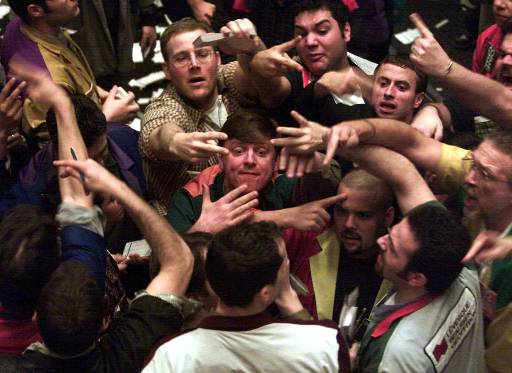3.-Your Invitation to the “$150,000 Club”
In the last installment https://www.markford.net/wealth-building-for-beginners-even-if-you-are-not-young-anymore-2 of this series, I told you how I got started on my own wealth-building journey. I hope it amused you. Looking back at it now, I can see that the ratio I kept between foolish and sound habits was about 2 to 1. But that was enough. I hope it comforts you to know that you can do most things wrong (as perhaps your parents and teachers always reminded you was your habit) and still become as wealthy as you need to be!
The second thing I did was to introduce you to a very simple and crazily powerful wealth secret that most high earners never follow: As your income increases (and it will!), you must resist the urge to ratchet up your spending accordingly.
And thirdly, I shared with you one of the most important insights about wealth that I ever learned. Luckily for me, I learned it when I was still relatively young. (In my early thirties.)
That insight was this: You need a lot less than you probably think to live a rich life: A lot less wealth. And also a lot less yearly income to acquire that wealth.
As for income… If you can get your income above $150,000 a year and simultaneously curb your enthusiasm for expensive toys, your chances of one day retiring wealthy are about 99.9 percent.
As for how much “money” you’ll need to sock away… A very rough number would be about 12 to 15 times the amount of money you’d need right now to lead a rich life.
If you can get your income up to $150,000 or beyond (and as I will show you that is quite easy to do if you are willing to put in the right sort of time) and if you can save 20 percent to 30 percent of that (which is very possible if you manage your finances as I’ll suggest), you will arrive one day at a net worth of between $3 million and $30 million.
And that – if you know how to spend your money – will be enough to provide a great, rich life for you and your family.
Before we move forward on that, you have to answer one question…






